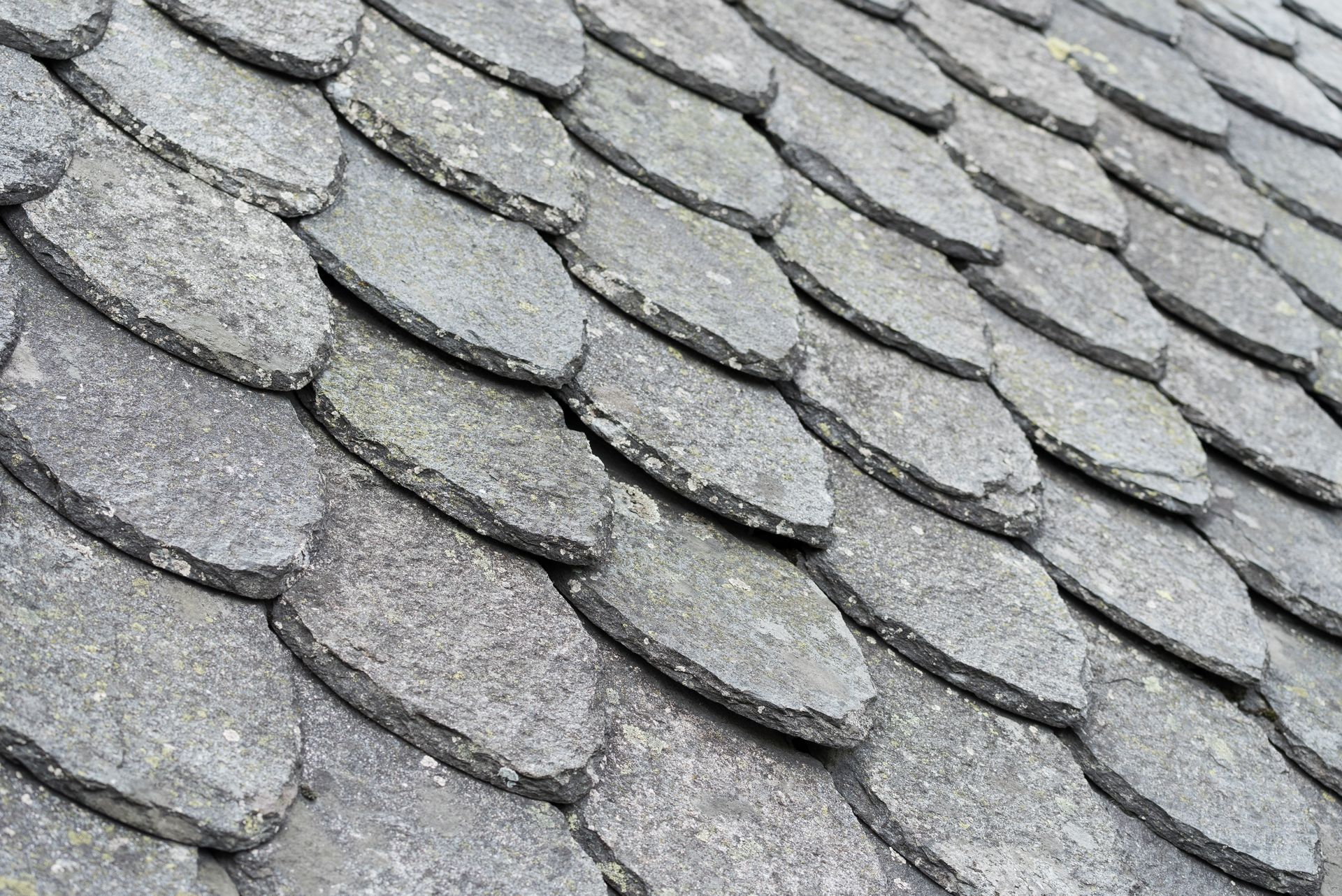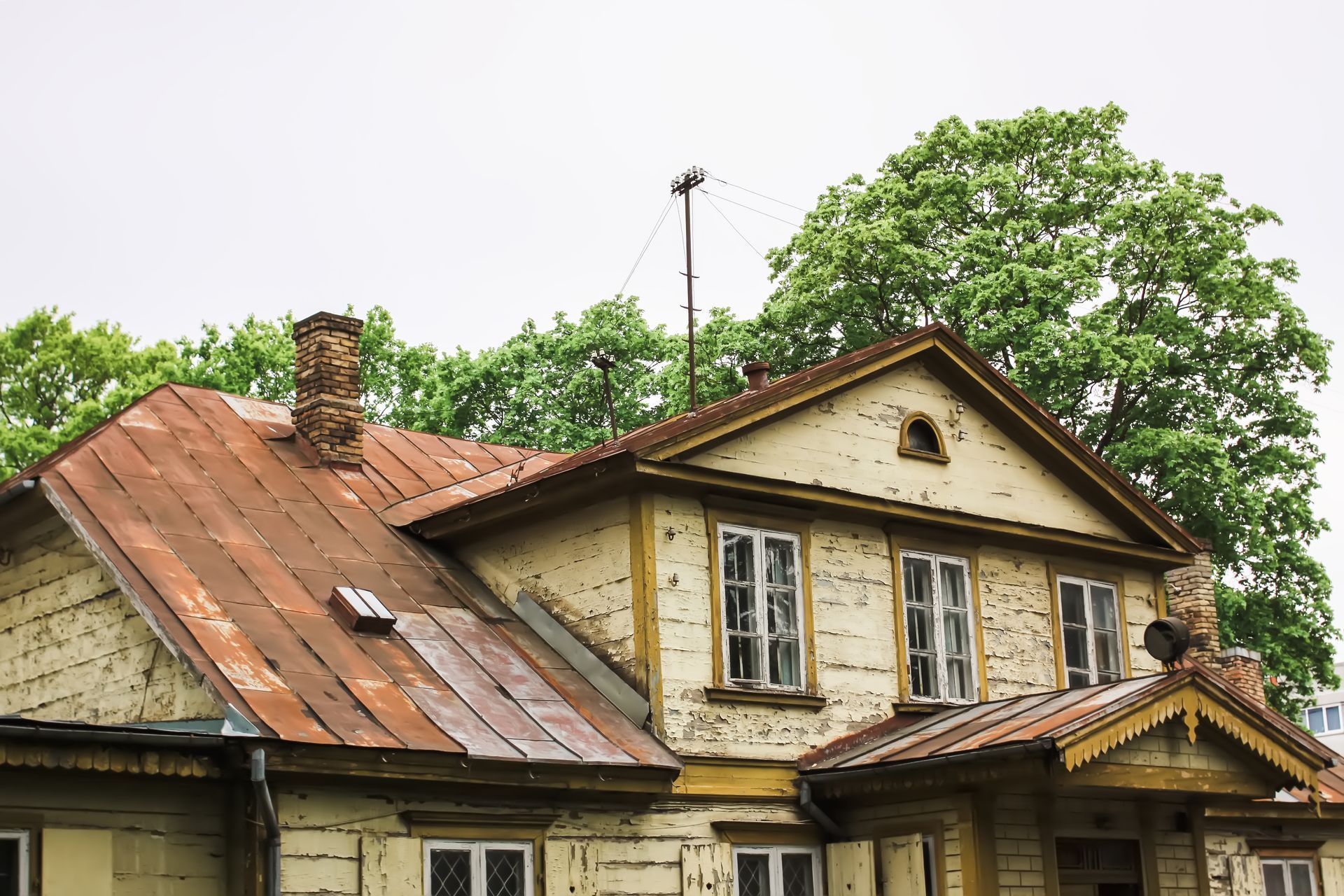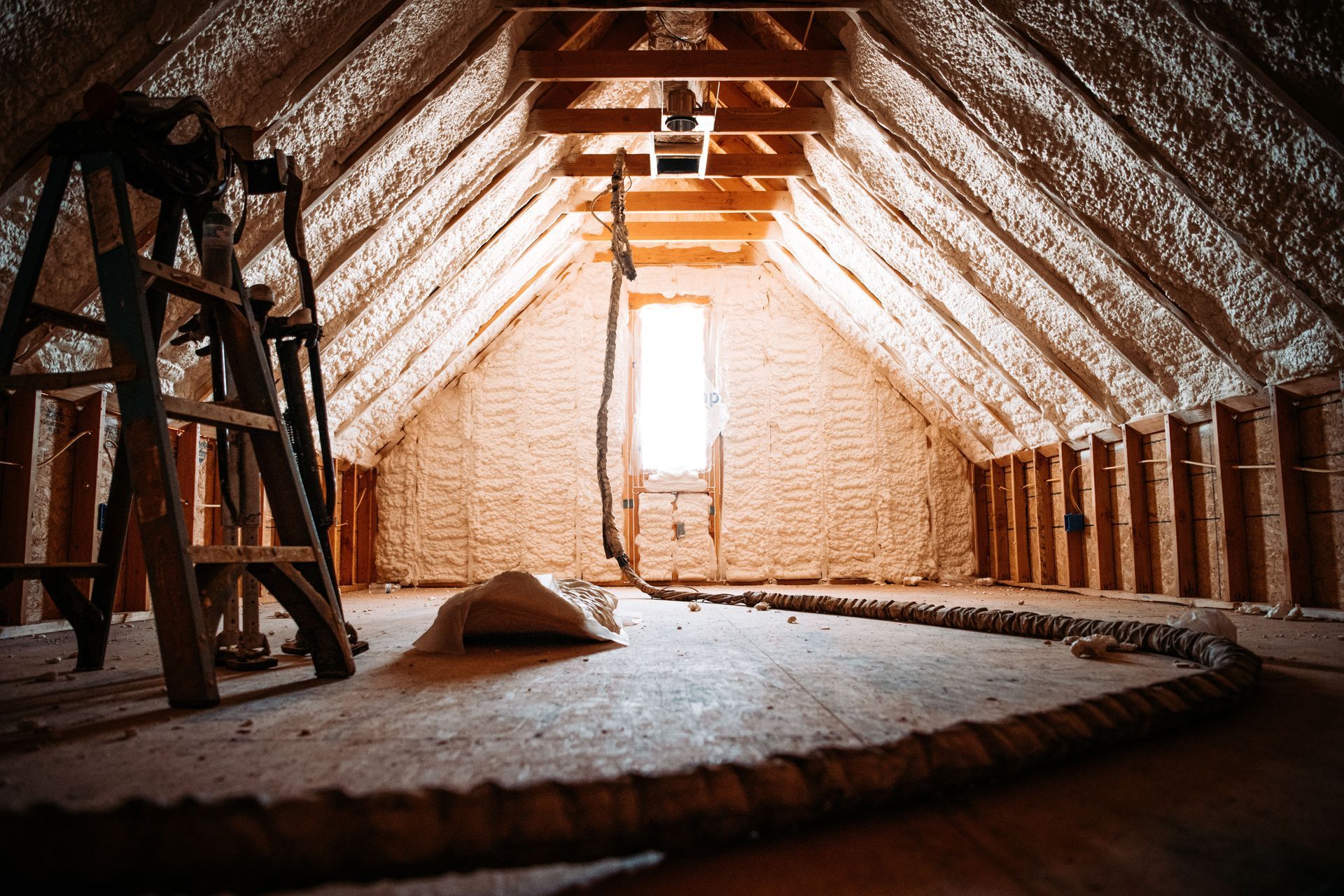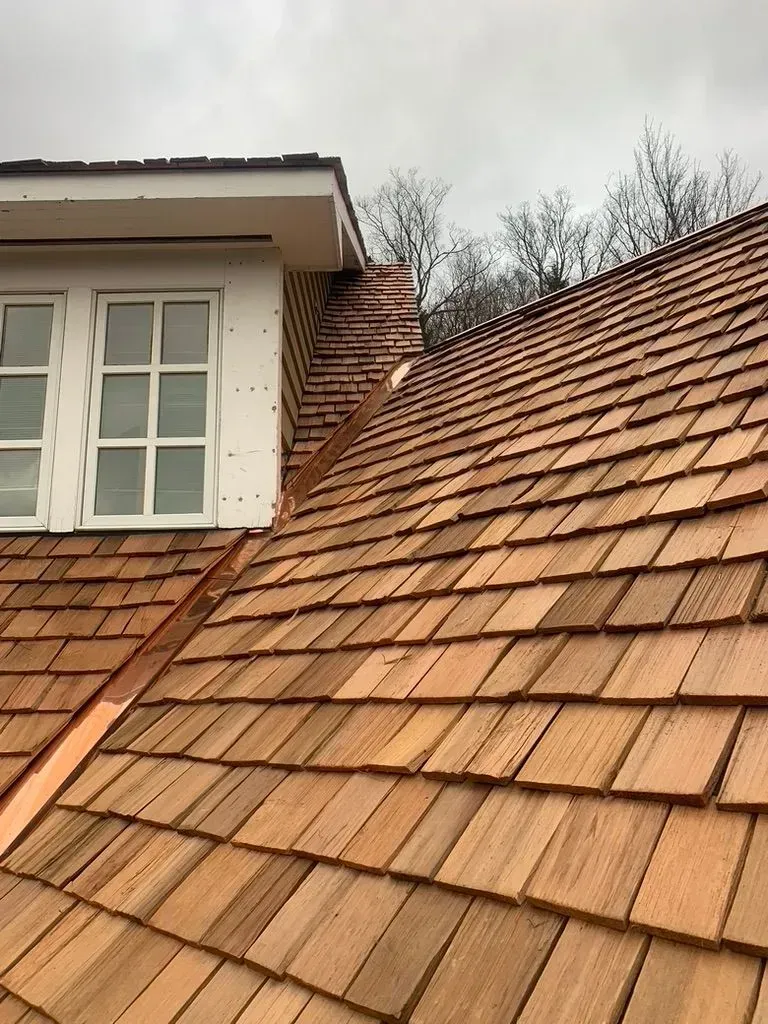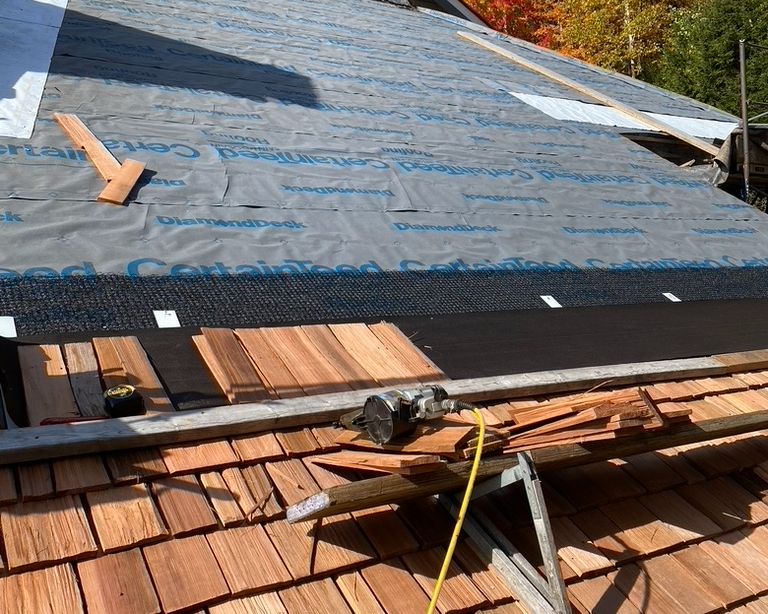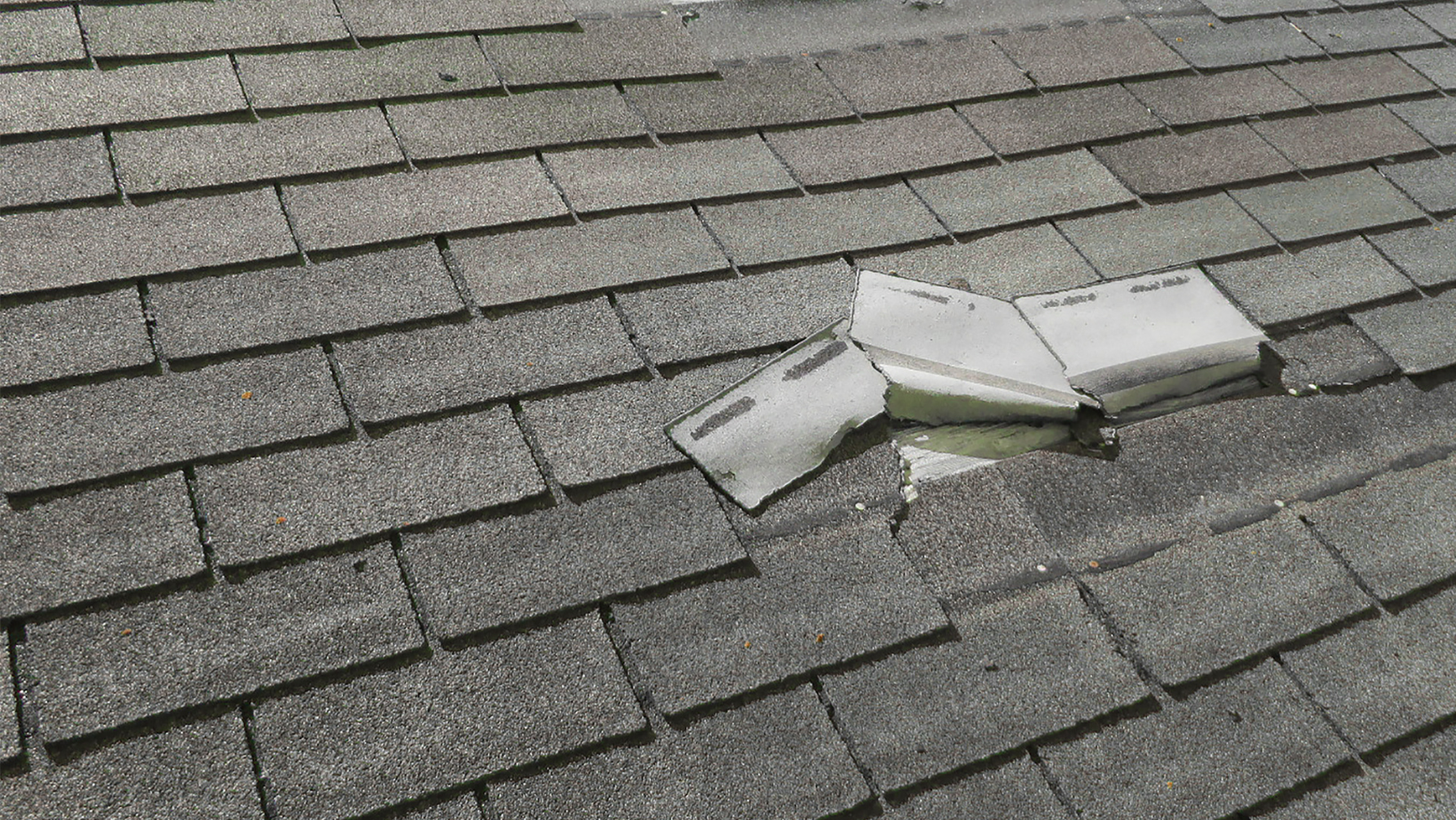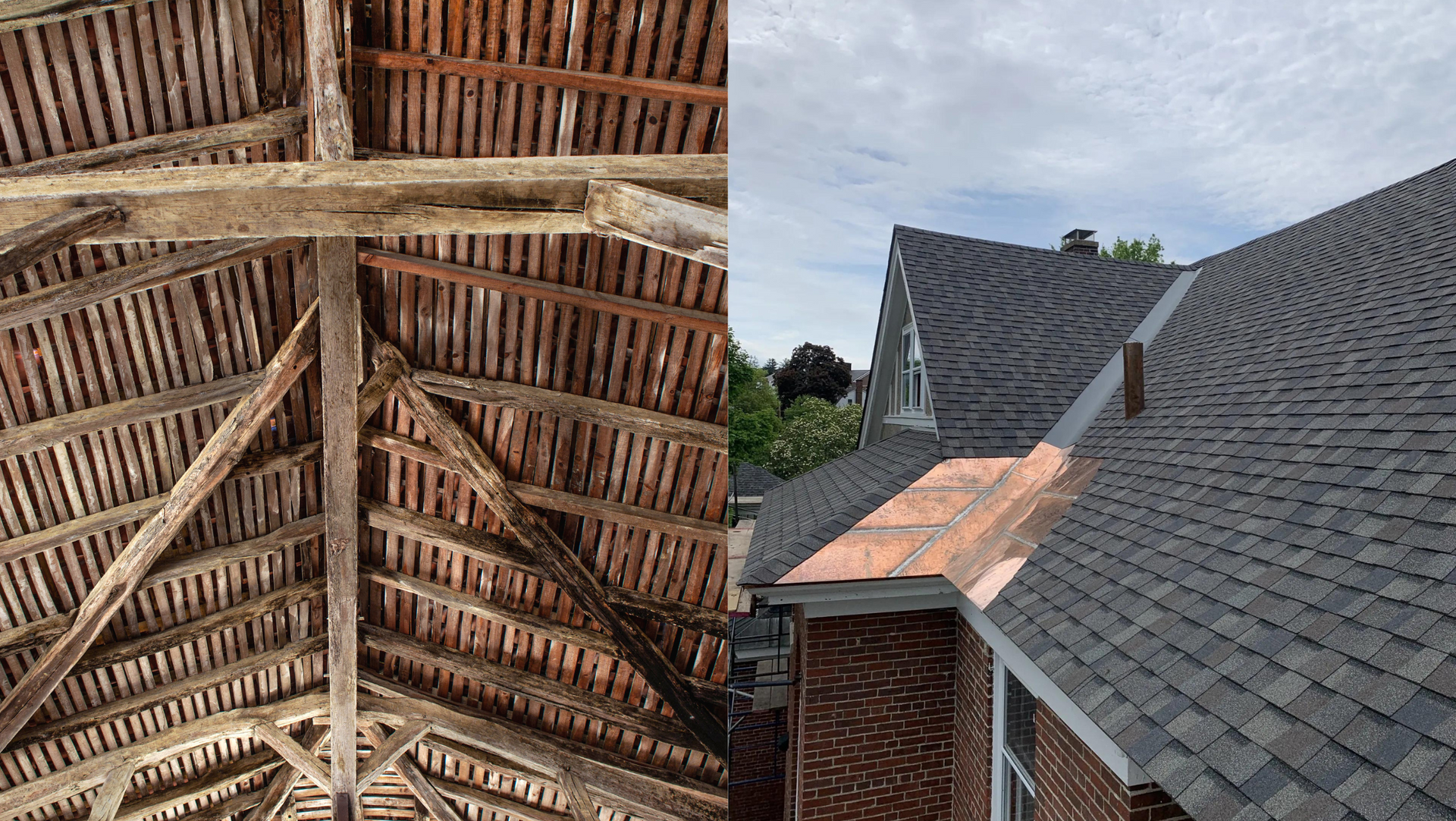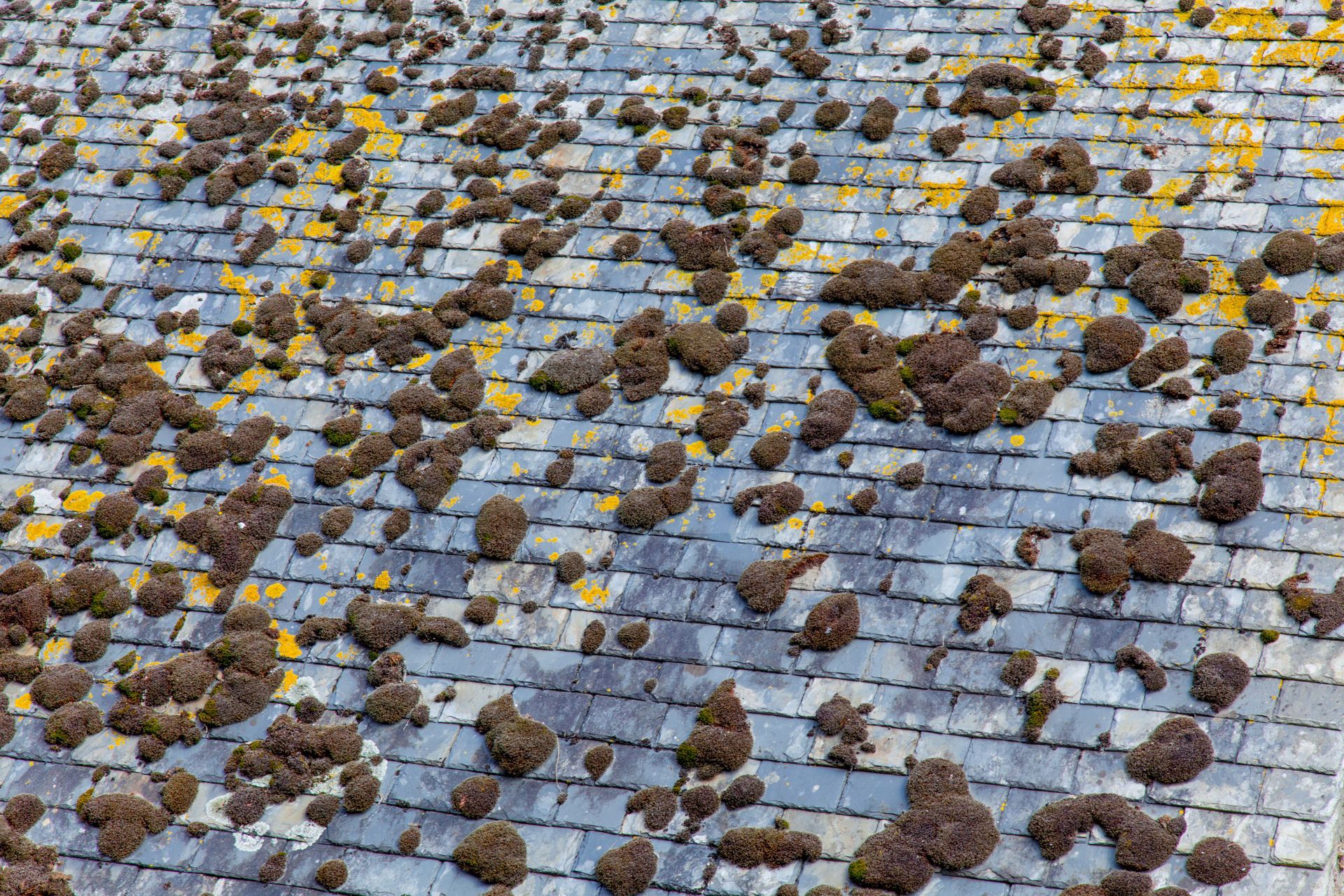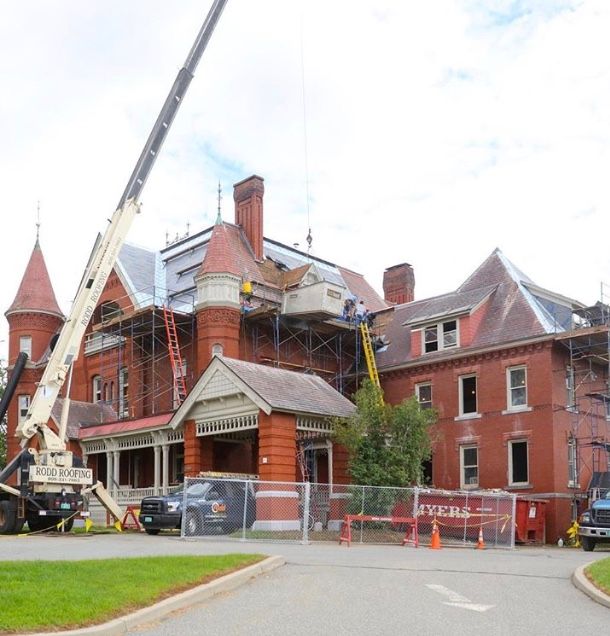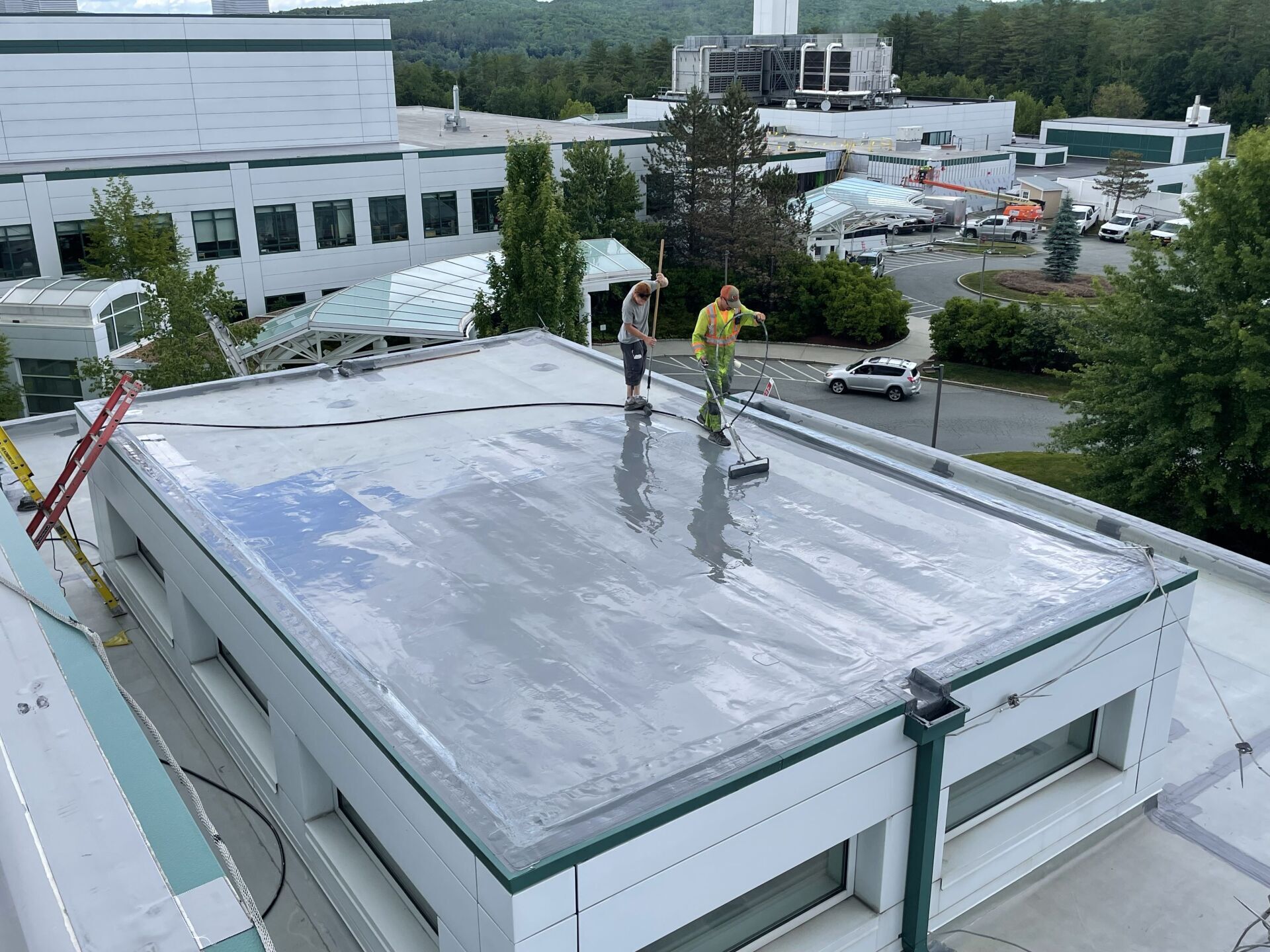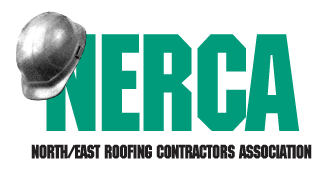Exploring Different Types of Flat Roofing Materials
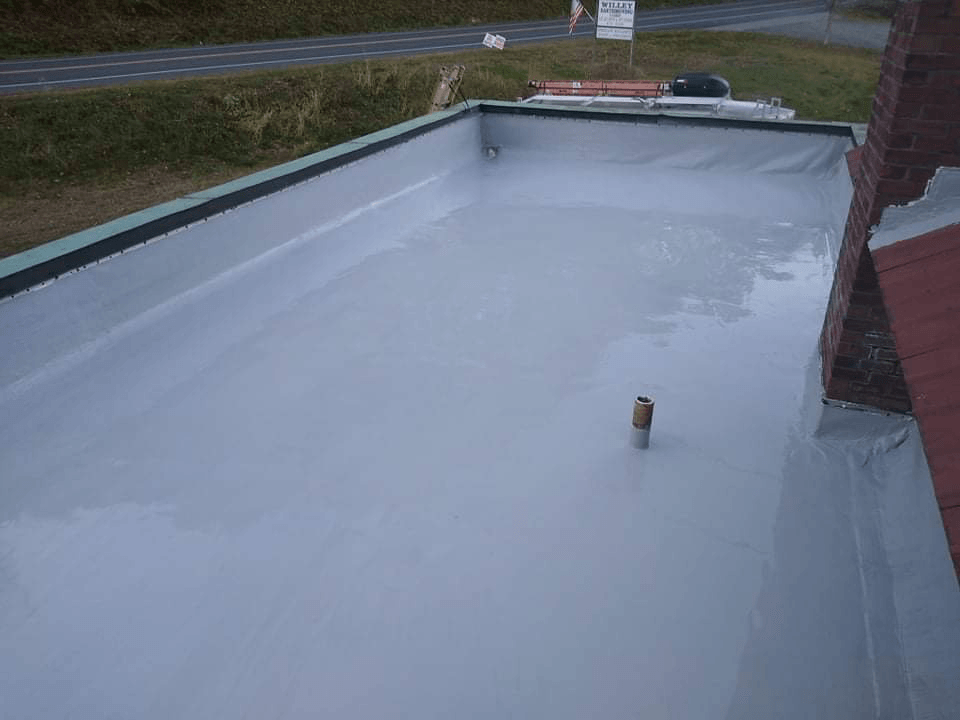
Decoding Flat Roofing
A Comprehensive Guide to Various Roofing Materials
Flat roofs are a popular architectural choice for commercial and residential buildings alike. Their sleek and modern design not only enhances the overall aesthetic of a structure but also provides additional usable space. However, choosing the right flat roofing material is crucial for ensuring durability, longevity, and resistance to the elements. In this blog, we'll explore various types of flat roofing materials, each with its unique characteristics, advantages, and considerations.
Built-Up Roofing (BUR)
Built-Up Roofing, or BUR, is a classic and time-tested flat roofing material. It consists of multiple layers of asphalt and bitumen, topped with gravel or mineral granules. BUR provides excellent waterproofing and protection against UV rays. While it offers durability, it may require regular maintenance due to issues like blistering or punctures.
Modified Bitumen Roofing
A modern alternative to BUR, modified bitumen roofing is made from asphalt mixed with modifiers like fiberglass or polyester. This material is known for its flexibility, making it suitable for buildings experiencing temperature fluctuations. Modified bitumen roofs are tear-resistant and provide effective waterproofing. The installation process is relatively straightforward, contributing to its cost-effectiveness.
Single-Ply Membrane & PVC (Polyvinyl Chloride) Roofing
Single-ply membrane roofing, including TPO (Thermoplastic Olefin) and EPDM (Ethylene Propylene Diene Monomer), has gained popularity for its simplicity and versatility. TPO is recognized for its energy-efficient and reflective properties, while EPDM offers durability and resistance to harsh weather conditions. Both options provide lightweight and cost-effective solutions for flat roofs.
PVC roofing is a type of single-ply membrane known for its durability and resistance to chemicals and fire. It exhibits excellent weathering capabilities, maintaining its integrity against UV exposure and extreme weather. PVC roofs are highly reflective, contributing to energy efficiency. While the initial installation cost may be higher than some alternatives, the long-term benefits make it a wise investment.
Selecting the right flat roofing material is a crucial decision that influences the performance and lifespan of your building. Each type of material comes with its own set of advantages and considerations. Whether you choose the time-tested strength of built-up roofing, the flexibility of modified bitumen, the versatility of single-ply membranes, or the durability of PVC roofing, understanding the characteristics of each option is essential. By exploring these different types of flat roofing materials, you can make an informed decision that aligns with your specific needs, budget, and long-term goals.
